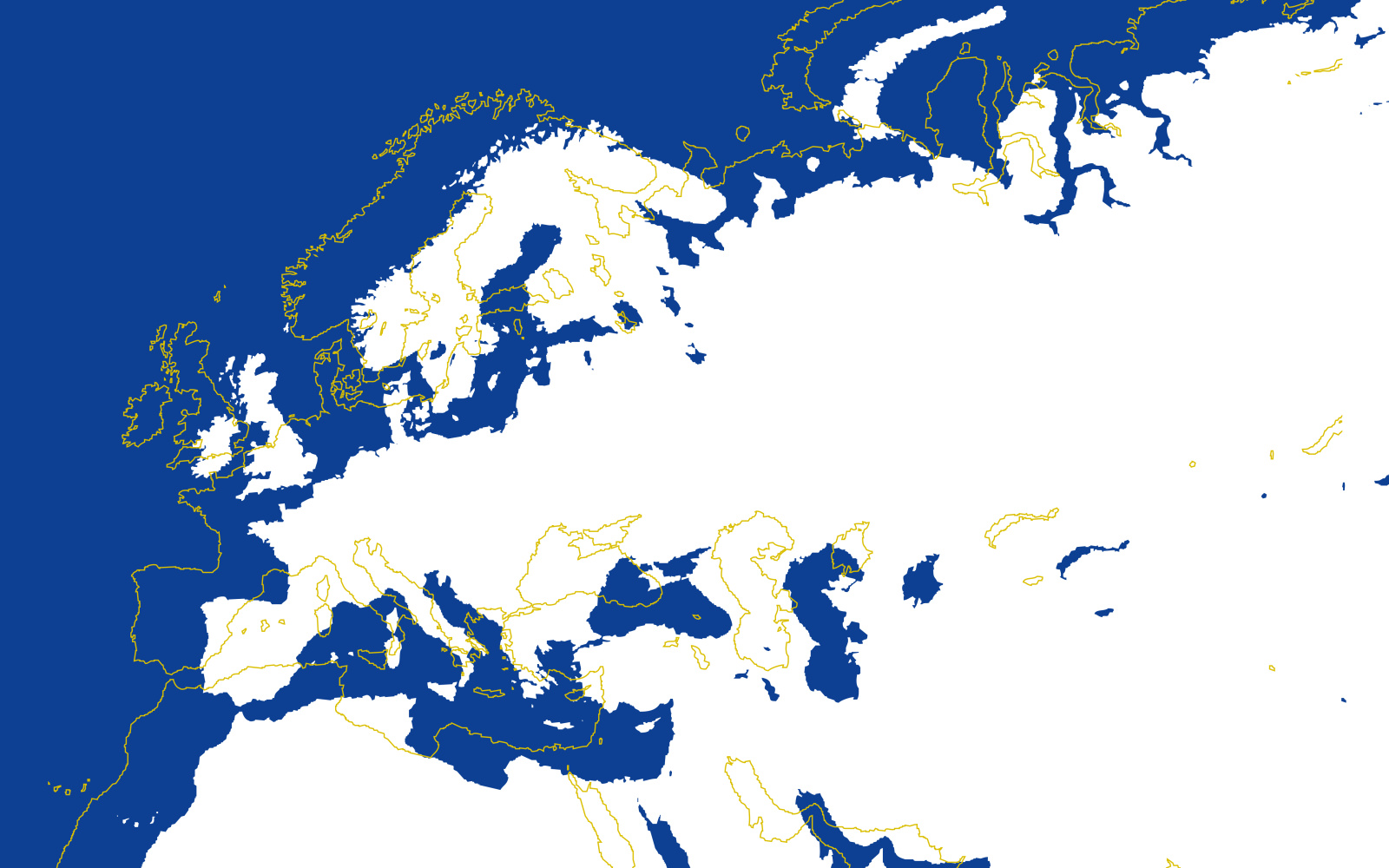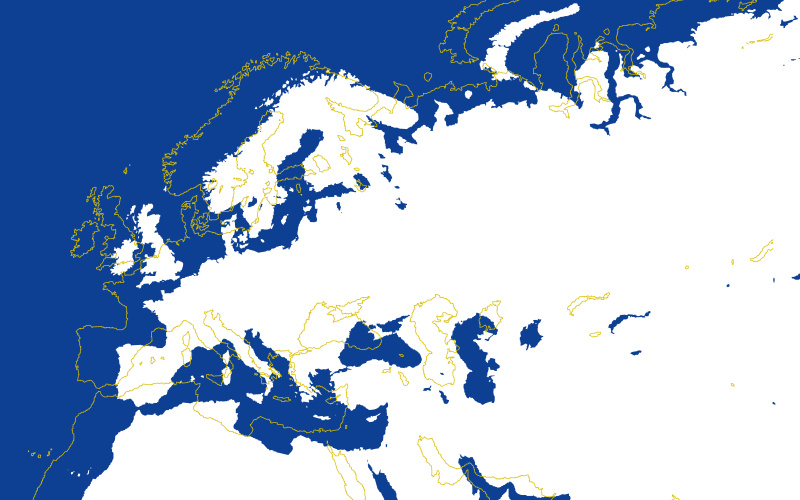Art in Europe 1945–1968. The Continent that the EU does not know.
Together with the A. S. Puschkin-Museum, the ROSIZO in Moscow and the BOZAR in Brussels, the ZKM is organising the large-scale exhibition project entitled »Art in Europe 1945-1968: Facing the Future« – curated by Eckhart Gillen and Peter Weibel. The exhibition focuses on the connecting cultural forces on the Eurasian continent and takes into account a central cultural region, which has been repeatedly shattered and disrupted by wars and crises in the 20th century. The period of 1945 to 1968, which is highlighted in the exhibition, stands in many ways for artistic and political perspectives, which were forward-looking in contradictory ways. After the end of the Second World War in 1945, the political and cultural boundaries hardened increasingly, until a decisive turning point for shaping the future in European post-war history in the East and West was marked ultimately in 1968 through the Anti-American student revolts and the new Ostpolitik introduced by Willy Brandt.
For the first time since 1945, the concept of retrospectively tracing the history of art in the whole of Europe can now be realised. To date, the attention of historiography was largely focussed on abstract expressionism as a symbolisation of the free West, while the socialist realism embodied the conservatism of the Communist East. But today, we know that this dominant model of art history was a product of the Cold War. For this reason, the exhibition attempts to reinterpret the development of art in Europe from a pan-European perspective and accounts for a specific renaissance of European art and culture in the period of 1945 to 1968. Whilst the exhibition project brings together the neo avant-garde from the East and West, it becomes evident that many new art forms (produced after the war) – from media art to conceptual art, from performance art to sound art – originated in Europe or were formulated simultaneously in Western Europe, the USA, Russia and Eastern Europe in parallel developments.
Documents
Press Release
Together with important instiutions, such as the Palais des Beaux-Arts (BOZAR) in Brussels, the Pushkin State Museum of Fine Arts and the ROSIZO State Museum and Exhibition Center in Moscow, the ZKM | Karlsruhe is organizing the large-scale Art in Europe 1945-1968 exhibition project – curated by Eckhart Gillen and Peter Weibel, with the assistance of Daria Mille and Daniel Bulatov. The exhibition focuses on the connecting cultural forces on the Eurasian continent and takes into account a central cultural region, which has been repeatedly shattered and disrupted by wars and crises in the 20th century. Using artwork and a documentary timeline, the exhibition highlights the fracturing of civilisation in World War II and the Neo-Avant-Garde approach of the post-war era, which occurred as a reaction.
- pm_europa_e.pdf (1.02 MB)









